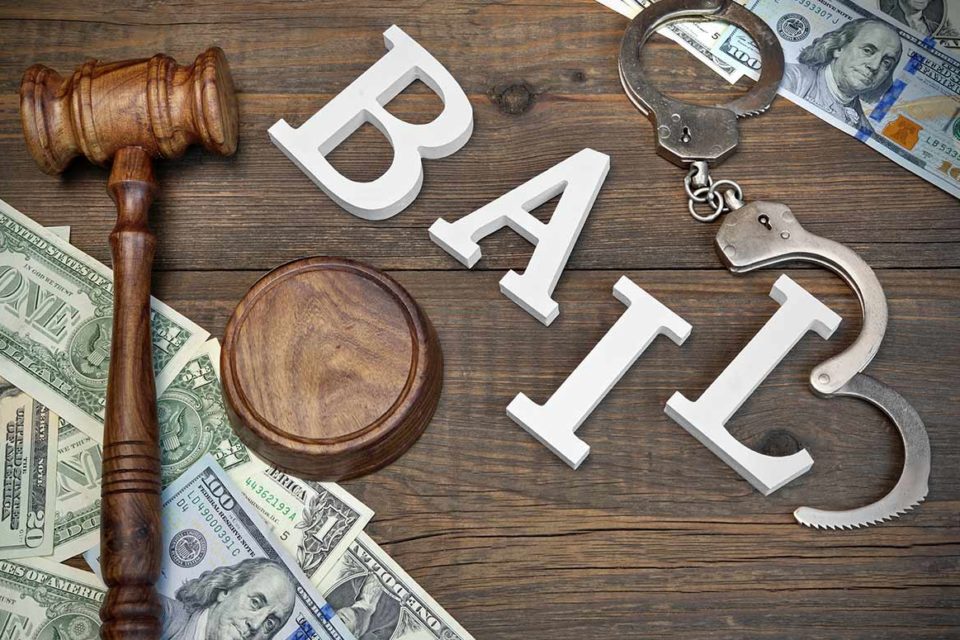Accused entitled bail even if offense is non-bailable
 Conversely, if the evidence of guilt is strong, then the accused cannot enjoy provisional liberty before his conviction. There is nothing unreasonable in denying the right to bail to one charged with an offense punishable with reclusion perpetua when evidence of guilt is strong, as it is likely that the accused, rather than await the outcome of the proceeding against him with a penalty demanding a lifetime of incarceration, would be tempted to flee the jurisdiction.
Conversely, if the evidence of guilt is strong, then the accused cannot enjoy provisional liberty before his conviction. There is nothing unreasonable in denying the right to bail to one charged with an offense punishable with reclusion perpetua when evidence of guilt is strong, as it is likely that the accused, rather than await the outcome of the proceeding against him with a penalty demanding a lifetime of incarceration, would be tempted to flee the jurisdiction.
The determination of whether the evidence of guilt is strong, in this regard, is a matter of judicial discretion. By judicial discretion, the law mandates the determination of whether proof is evident or the presumption of guilt is strong. "Proof evident" or "Evident proof in this connection has been held to make clear, strong evidence which leads a well-guarded dispassionate judgment to the conclusion that the offense has been committed as charged, that accused is the guilty agent, and that he will probably be punished capitally if the law is administered. "Presumption great" exists when the circumstances testified to are such that the inference of guilt naturally to be drawn therefrom is strong, clear, and convincing to an unbiased judgment and excludes all reasonable probability of any other conclusion.[2]
Guided by these judicial pronouncements, the prosecution must establish before the trial court, after proper notice and hearing, that the evidence against an accused for the crime charged is strong so as to deny him of his provisional liberty.
[1] Government of the United States of America v. Purganan, 438 Phil. 417, 452 (2002).

0 Comments